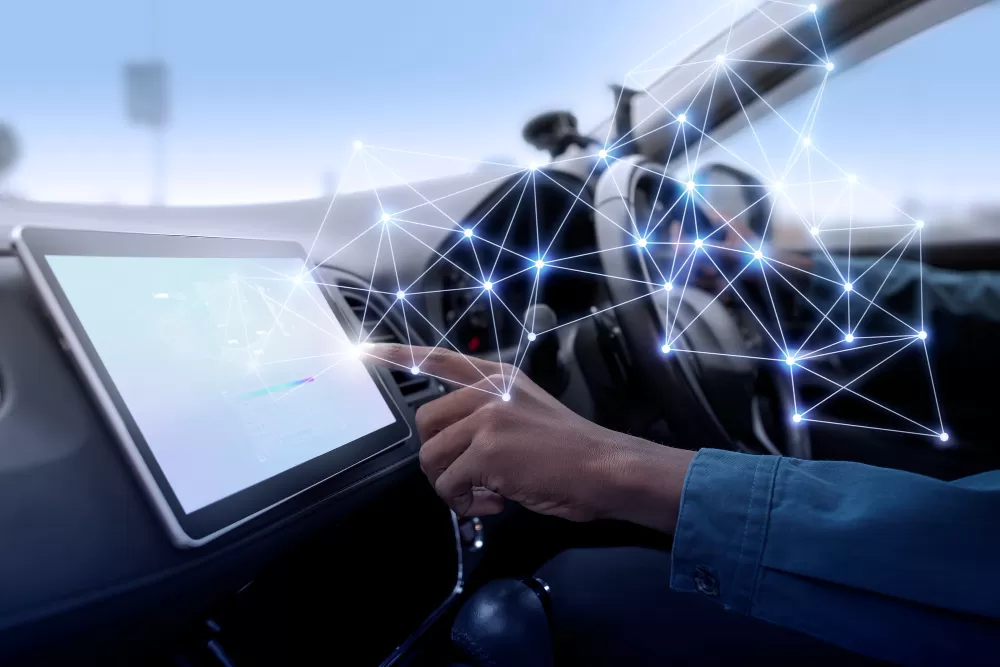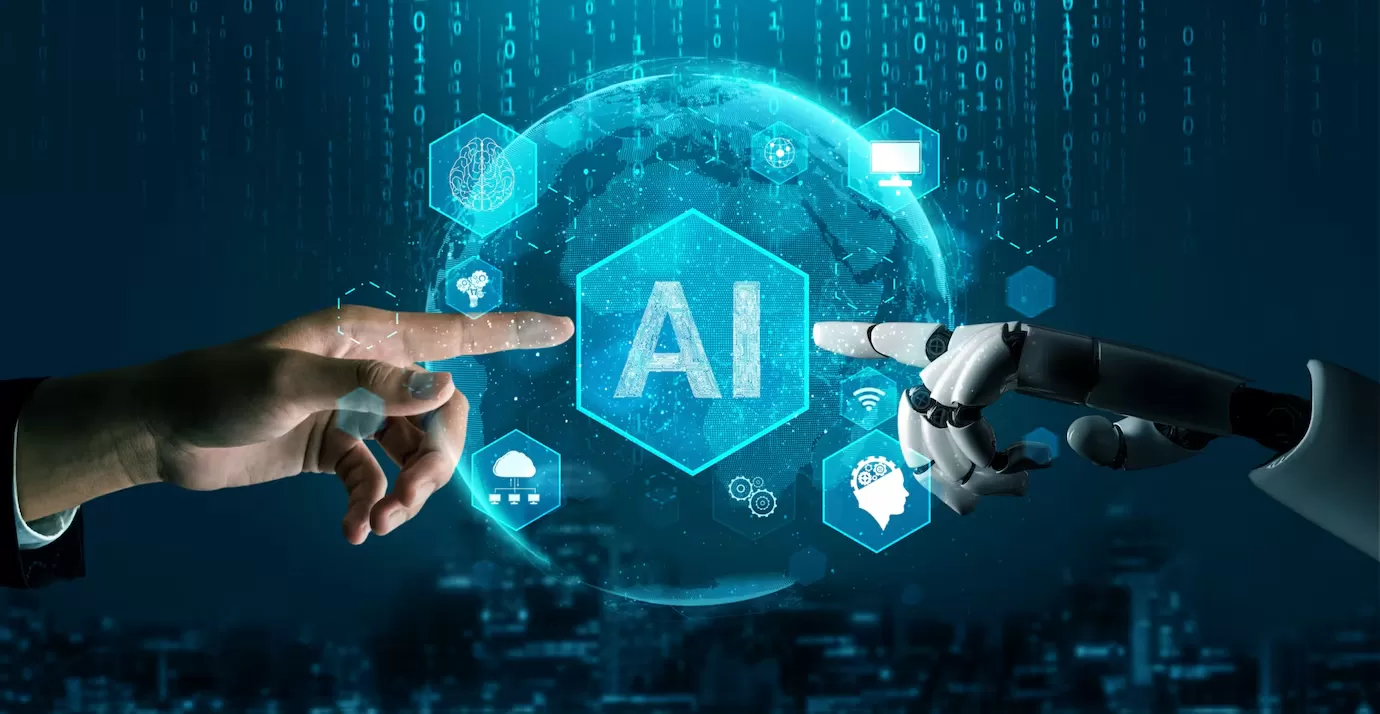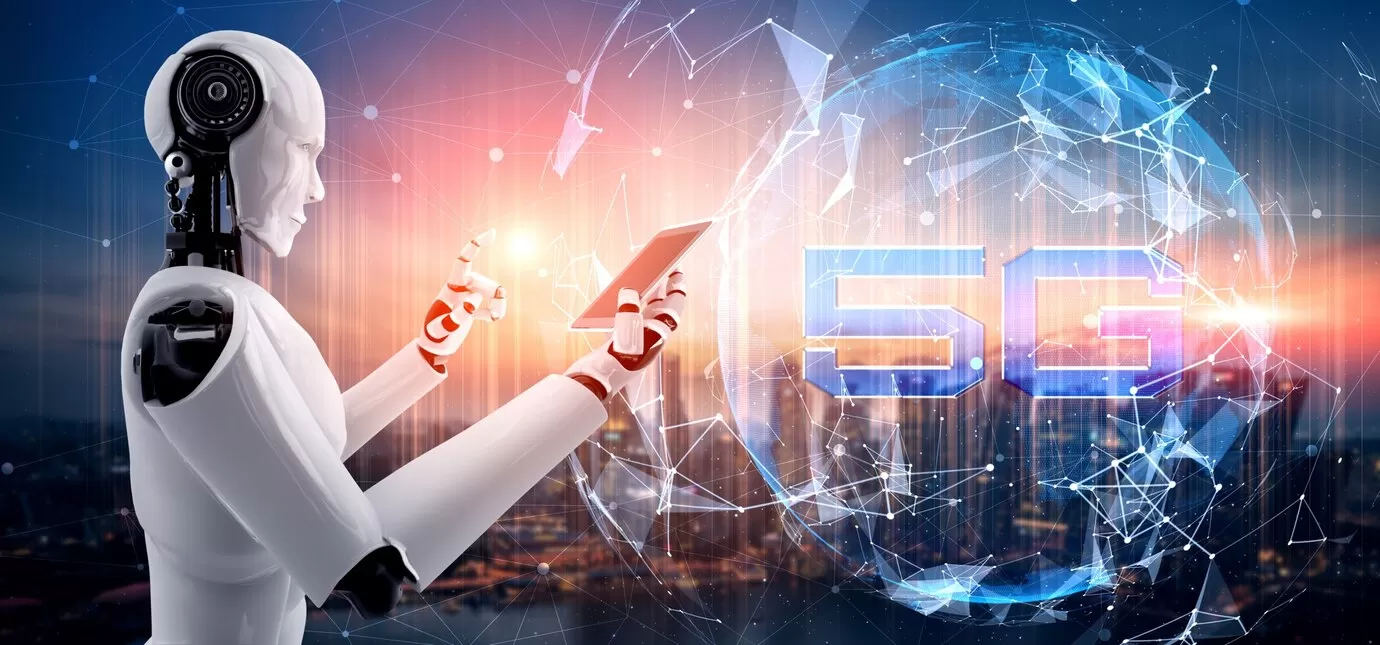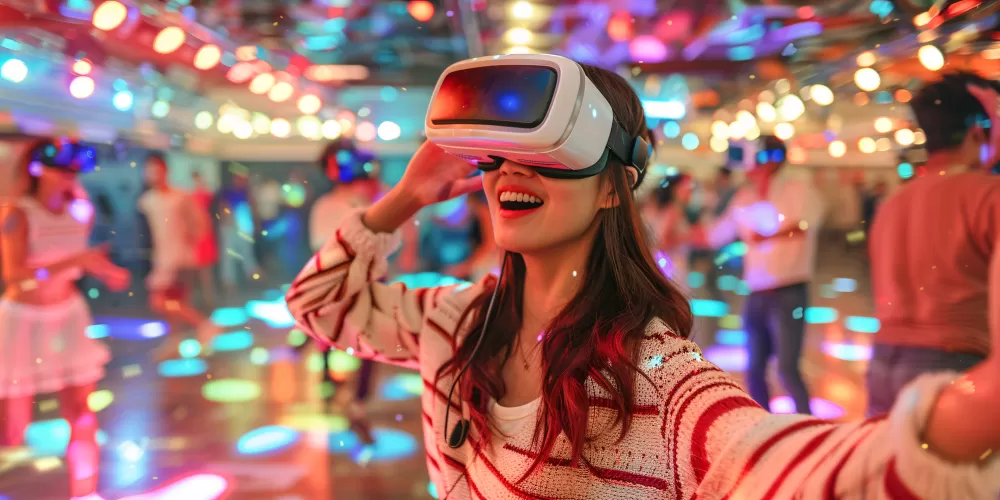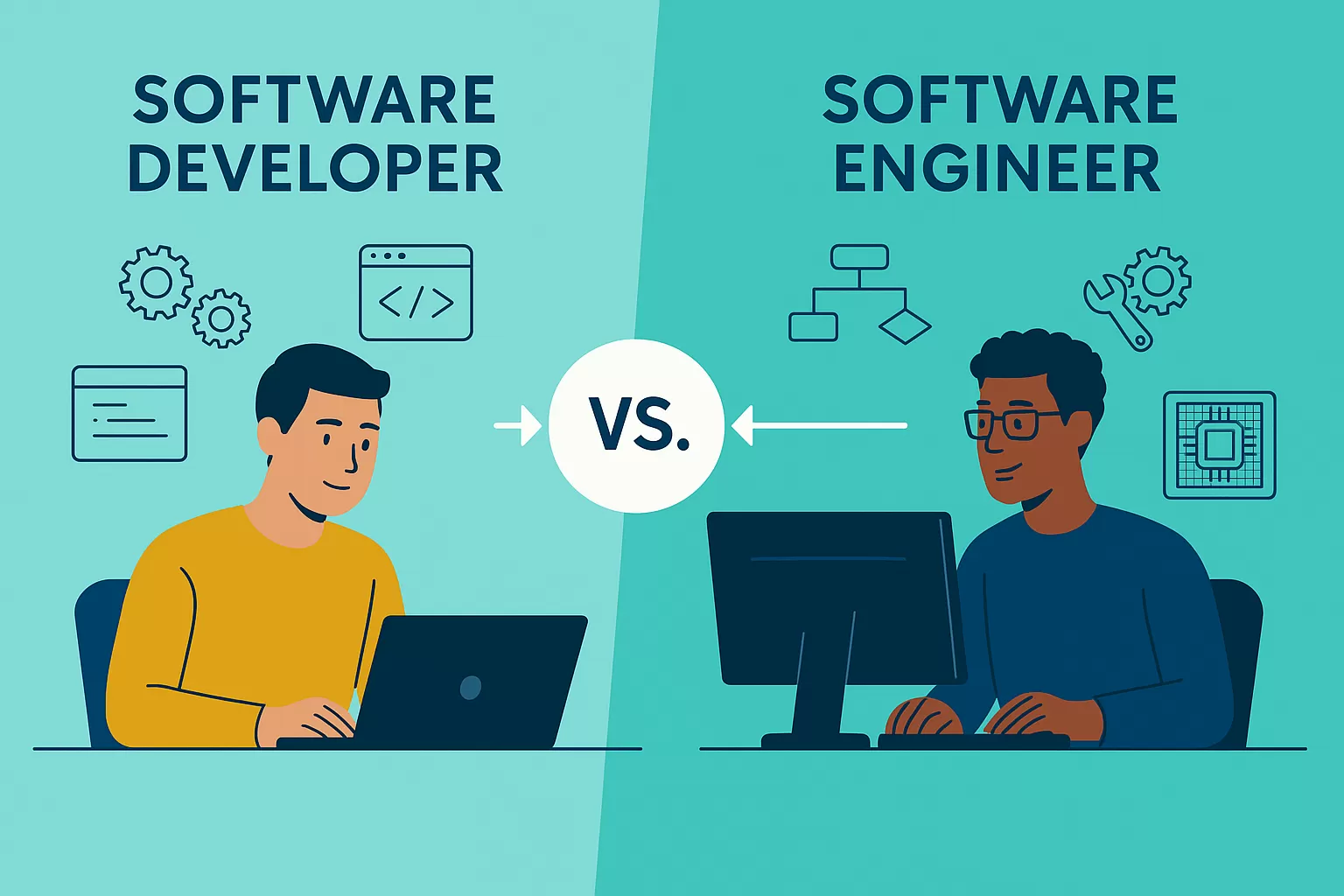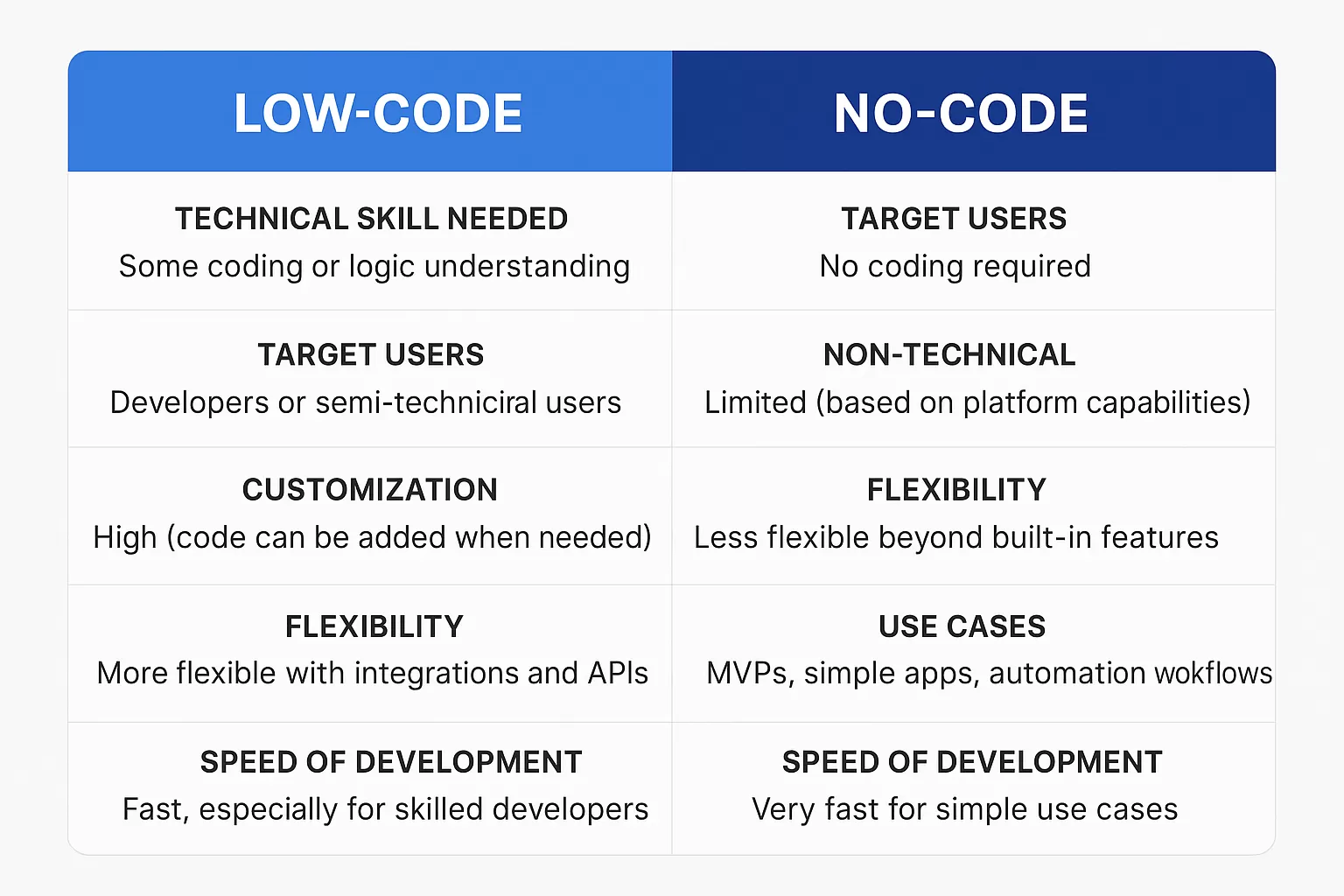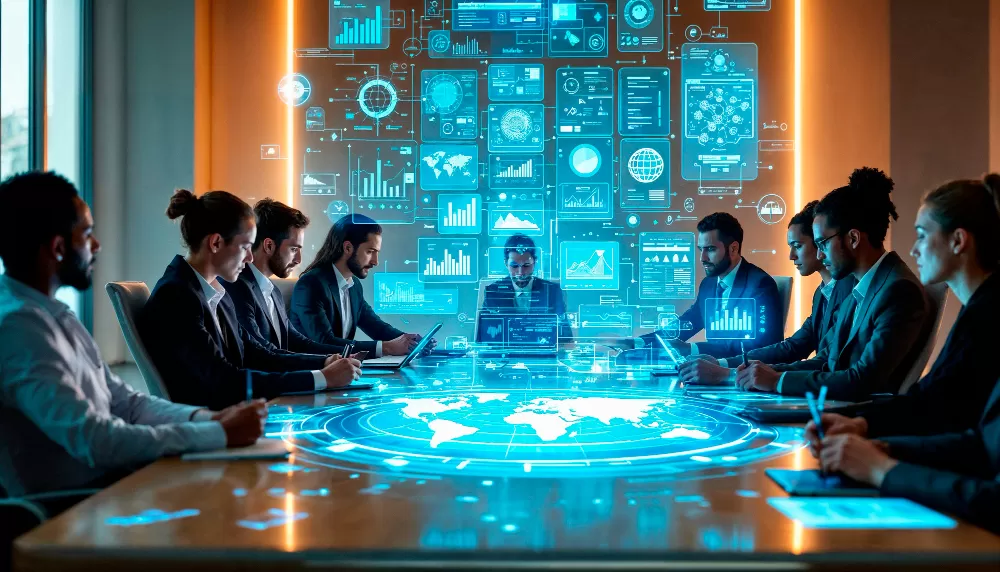The travel industry is rapidly evolving, and AI is at the forefront of this transformation. With the integration of AI technologies, travelers can now experience smarter, more personalized, and efficient journeys, while travel companies optimize operations, enhance customer service, and improve overall satisfaction. From booking flights to navigating destinations, AI is revolutionizing every aspect of the travel experience. Here’s how AI is changing the way we travel in real-time:
1. Personalized Travel Recommendations
- AI for Tailored Itineraries: AI is making it easier for travelers to plan their trips by offering personalized travel recommendations based on their preferences, past travel behavior, and real-time data.
- How It Works: AI algorithms analyze data from various sources, including social media, past bookings, and travel preferences, to suggest destinations, activities, and itineraries that best match a traveler’s interests.
- Impact: Personalized itineraries enhance the travel experience by making it more relevant and enjoyable. Whether it's suggesting the best restaurants, hidden gems, or local experiences, AI helps travelers make the most of their journey.
2. Smart Travel Assistants
- AI-Powered Virtual Assistants: Virtual assistants are revolutionizing how travelers navigate their trips. AI-powered travel chatbots and voice assistants (like Siri, Google Assistant, or Alexa) help travelers with everything from booking tickets to navigating through airports.
- How It Works: These virtual assistants use natural language processing (NLP) to interpret and respond to travelers' requests. They can answer questions about flight statuses, provide directions, assist with reservations, and offer real-time updates on weather, transportation, and traffic.
- Impact: AI-powered travel assistants provide instant support 24/7, reducing friction and enhancing convenience for travelers. Whether it’s getting recommendations for nearby attractions or solving booking issues, these assistants simplify travel logistics and improve overall satisfaction.
3. Real-Time Flight Updates and Predictions
- AI for Flight Monitoring: One of the most stressful parts of travel is dealing with delayed or canceled flights. AI is helping to minimize this stress by providing real-time updates and even predicting potential delays or disruptions before they happen.
- How It Works: AI systems analyze historical flight data, weather conditions, air traffic, and operational patterns to predict delays or cancellations. Travelers receive real-time notifications about changes to their flights, gate information, or delays, allowing them to plan accordingly.
- Impact: With AI, travelers are better informed and can make more informed decisions about their next steps, whether it’s rebooking a flight, adjusting their schedules, or avoiding crowded airports.
4. AI for Dynamic Pricing
- Smart Price Optimization: AI helps airlines, hotels, and travel agencies adjust prices in real-time based on demand, availability, and market conditions. Dynamic pricing powered by AI is becoming more prevalent in the travel industry.
- How It Works: By analyzing large amounts of data, AI systems predict when demand will rise or fall, allowing businesses to adjust prices accordingly. For example, AI can lower prices during off-peak times and increase them when demand is high.
- Impact: This approach provides consumers with more competitive prices while maximizing revenue for travel companies. Travelers may also benefit from special offers and personalized discounts based on their behavior and preferences.
5. AI-Driven Travel Safety and Security
- AI for Enhanced Safety: Ensuring the safety and security of travelers is a top priority. AI plays an essential role in improving security screening and risk assessment at airports and other travel hubs.
- How It Works: AI technologies such as facial recognition and biometric scanning are increasingly used at airports for faster and more secure check-ins and boarding. AI systems can also analyze data from various sources to predict potential security risks and suggest preventive measures.
- Impact: By automating security processes, AI improves efficiency and safety, reducing waiting times and the potential for human error. It also provides better risk management, ensuring that travelers can feel secure during their journeys.
6. AI-Powered Travel Logistics
- Smart Airport and Transportation Management: AI is optimizing the logistics of travel through smarter airport management, baggage handling, and transportation networks.
- How It Works: AI can help optimize the flow of passengers through airports by predicting busy times and adjusting staffing or security protocols accordingly. Additionally, AI can be used to track luggage in real-time, reducing lost baggage incidents and streamlining the entire airport experience.
- Impact: AI improves the efficiency of travel logistics, reducing delays and enhancing overall travel experiences. It also improves coordination between transportation options (flights, trains, buses, etc.), ensuring a seamless journey for travelers.
7. AI for Language Translation
- Real-Time Translation Tools: Language barriers can often be a source of stress for travelers. AI-powered translation tools are making it easier for travelers to communicate and navigate foreign destinations.
- How It Works: AI-based translation apps and devices use natural language processing and speech recognition to translate languages in real-time. This allows travelers to have conversations with locals, read signs, and understand menus without needing to know the local language.
- Impact: AI-driven language translation tools break down communication barriers, enhancing travelers' experiences in foreign countries and making travel more accessible and inclusive.
8. Smart Travel Recommendations During the Journey
- AI for Real-Time Local Suggestions: While traveling, AI can provide real-time suggestions for activities, restaurants, or attractions based on a traveler’s location, preferences, and behavior.
- How It Works: AI-powered apps use data from GPS, weather, and historical trends to recommend places to visit, things to do, or even give live reviews and feedback from other travelers. These recommendations are personalized and can be updated on the fly based on real-time changes.
- Impact: Travelers have the freedom to explore with AI providing them with continuous recommendations, allowing for more dynamic and enjoyable travel experiences.
9. Autonomous Transportation
- AI for Self-Driving Vehicles: The future of travel is moving toward autonomous vehicles, with AI playing a major role in making self-driving cars, buses, and even drones a reality.
- How It Works: AI algorithms, combined with sensors, cameras, and GPS, help autonomous vehicles navigate safely and efficiently. For example, AI can optimize traffic patterns, plan routes, and monitor real-time traffic conditions for driverless taxis or buses.
- Impact: Autonomous vehicles can reduce the need for human drivers, cut down on traffic congestion, and improve safety by eliminating human error. For travelers, this means more convenient and efficient transport options, especially in cities or areas with high traffic.
10. AI for Travel Health Management
- AI for Health Monitoring and Emergency Response: With the ongoing global health concerns, AI is also being leveraged to improve health monitoring and emergency response for travelers.
- How It Works: AI systems analyze travel-related health data, including medical records, vaccination status, and exposure risks. These systems can provide real-time alerts and recommendations based on health risks, such as COVID-19 outbreaks or natural disasters.
- Impact: By utilizing AI-driven health monitoring, travelers can receive timely alerts and advice, ensuring their health and safety are prioritized during trips. It also helps travel organizations manage emergency situations by coordinating health services more efficiently.
Conclusion: The Future of Smarter, Automated Travel
AI is shaping the future of real-time travel by making journeys smarter, safer, and more personalized. As AI technologies continue to evolve, travelers can expect even more automation, efficiency, and convenience throughout their trips. From personalized itineraries and smart travel assistants to real-time updates and autonomous transportation, AI is enhancing every step of the travel journey.
In the coming years, the integration of AI in the travel industry will provide travelers with seamless experiences, better accessibility, and personalized services. For travel companies, AI offers a competitive edge in terms of operational efficiency, customer satisfaction, and innovation, creating a more dynamic and exciting future for the global travel market. The future of travel is not just about where you go, but how AI can make getting there smarter, easier, and more enjoyable.

